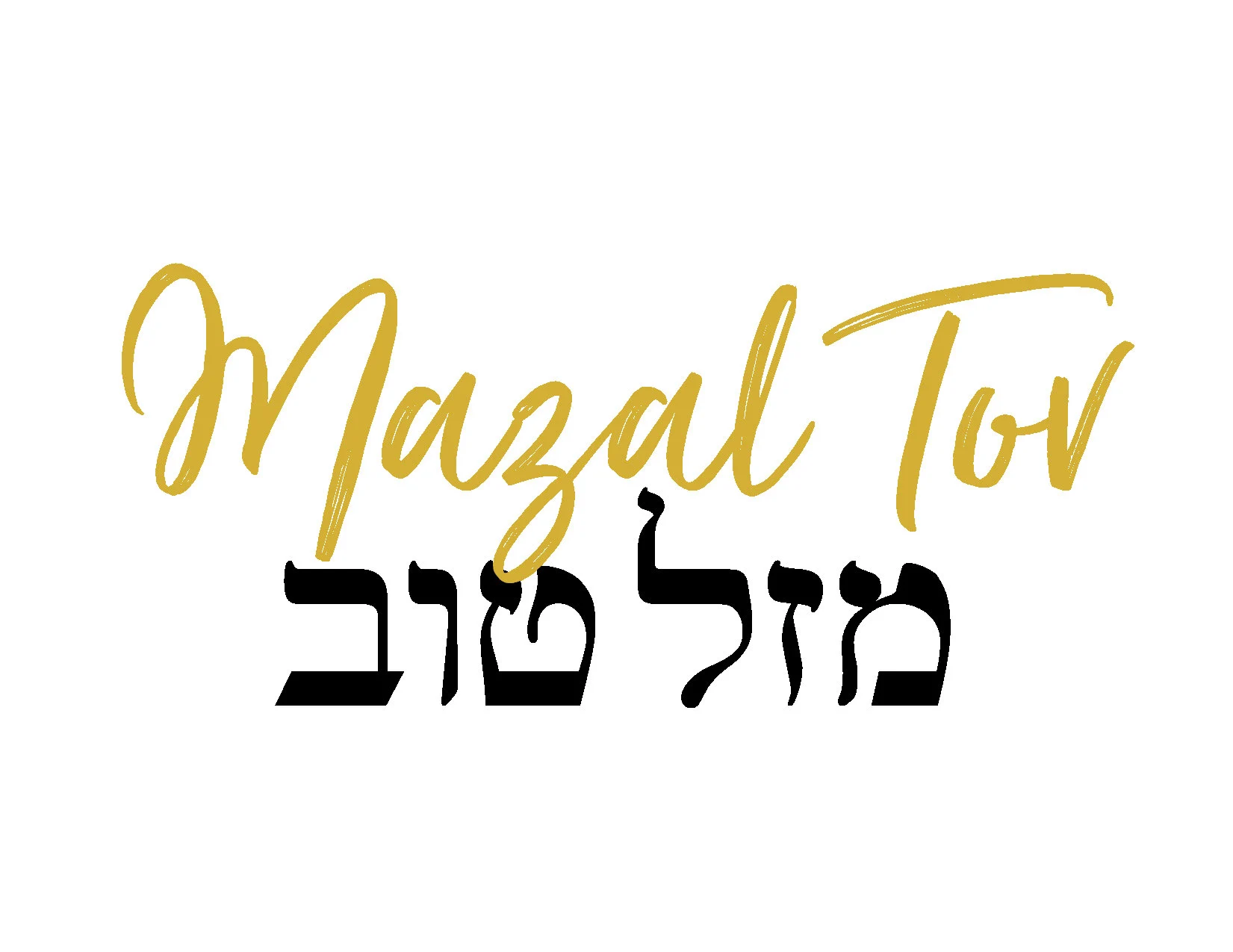Sitting in a movie theater, watching a favorite show, or listening to the radio, most Jewish people can’t help but chuckle when Hebrew or Yiddish vernacular is heard, as if they’re the only listener privy to this inside joke. But how, and when, did the phrase “mazel tov” become so ubiquitous in pop culture?
Even rap stars, accused of antisemitism, have been prone to insert these joyful words into their music, albeit among other stanzas laced with expletives and R-rated lyrics.
Mazel, which is translated as “luck,” literally means “constellation” or “planet.” The Talmud explains that a person’s fortune is influenced by the position of the heavenly spheres, according to chabad.org. Our mazel, our luck, is determined when we are born.
In Hebrew, tov translates to good.
So, there it is – Good Luck!
In an article on forward.com, Julie Potash refers to “mazel tov” as the most celebratory Jewish lyric of all time. In the song, I Gotta Feeling, The Black Eyed Peas croon, “Fill up my cup (drink)! Mazel tov (l’chaim)!” Potash interprets this as the overwhelming emotion one experiences when a grandchild or great-grandchild is dancing joyfully at a bar or bat mitzvah. What a feeling, to see the fruits of Jewish history, together, celebrating in the same room. Potash asks, “Did will.i.am (of The Black Eyed Peas) have a profound understanding of this, feeling so deeply connected to the Jewish experience that he was moved to write a song of celebration in the language of the Jews?”
Mazel Tov, a restaurant in Hungary, serves as one of the most popular culture clubs in Budapest’s Jewish Quarter. The place operates in the spirit of diversity and acceptance and provides not only Mediterranean cuisine and cocktails, but hosts various cultural events, too, according to welovebudapest.com. One of Mazel Tov’s primary goals is to provide a space for everyone who believes in an open and inclusive world; the programs also aim to convey these messages.
Emily Burack, deputy managing editor of the website, heyalma.com, searched Genius, the popular lyric site, for songs containing the words mazel tov. Included in her list are three songs by Jay-Z, Omigod You Guys from Legally Blonde: The Musical, popular Jewish rapper Drake, DJ Khaled, Kesha, A$AP Rocky, Weird Al Yankovic, and Pusha T (a rapper with Virginia Beach roots). Burack even created a “mazel tov” playlist on the digital music service, Spotify. Many of these songs, unsurprisingly, are not for the ears of children.
As one of the most celebrated Jewish actors and comedians of his generation, Adam Sandler shares his Jewish wit to nationwide audiences through movies such as The Wedding Singer and You Are So Not Invited to My Bat Mitzvah. Although most famous for his Chanukah song, which does not mention mazel tov, Sandler’s song in Wedding Singer does, and is aptly named Mazel Tov.
Other notable productions which include these two congratulatory words include Love and Mazel Tov (2020), Thoroughly Modern Millie (1967), Mazel Tov ou le Mariage (a 1968 French film translated in Englishto Marry Me! Marry Me!), and Fiddler on the Roof (1964). More recently, the Netflix show, Nobody Wants This, wouldn’t be kosher without the pronouncement of “mazel tov.” Afterall, one of the show’s main characters is a rabbi.

